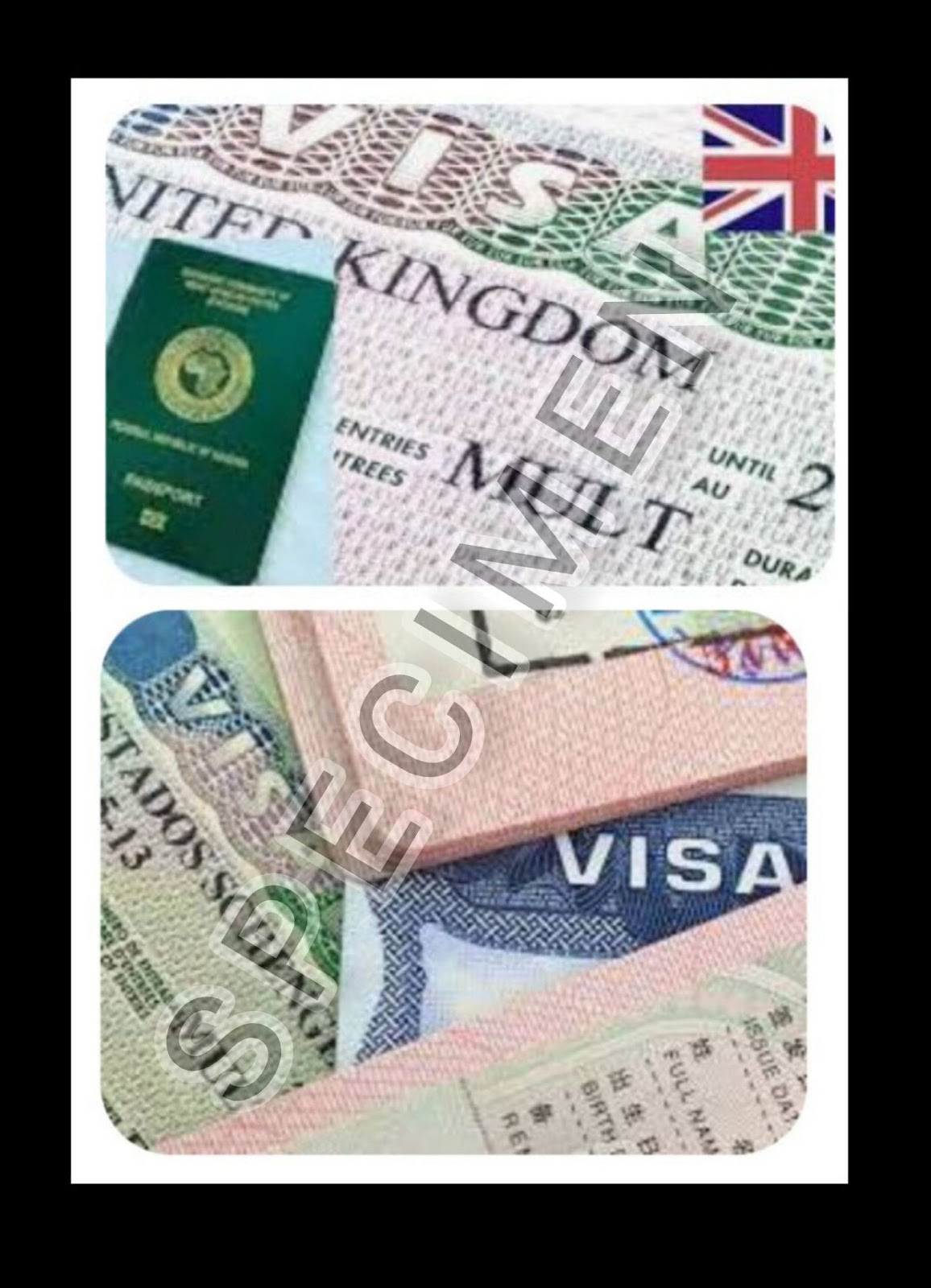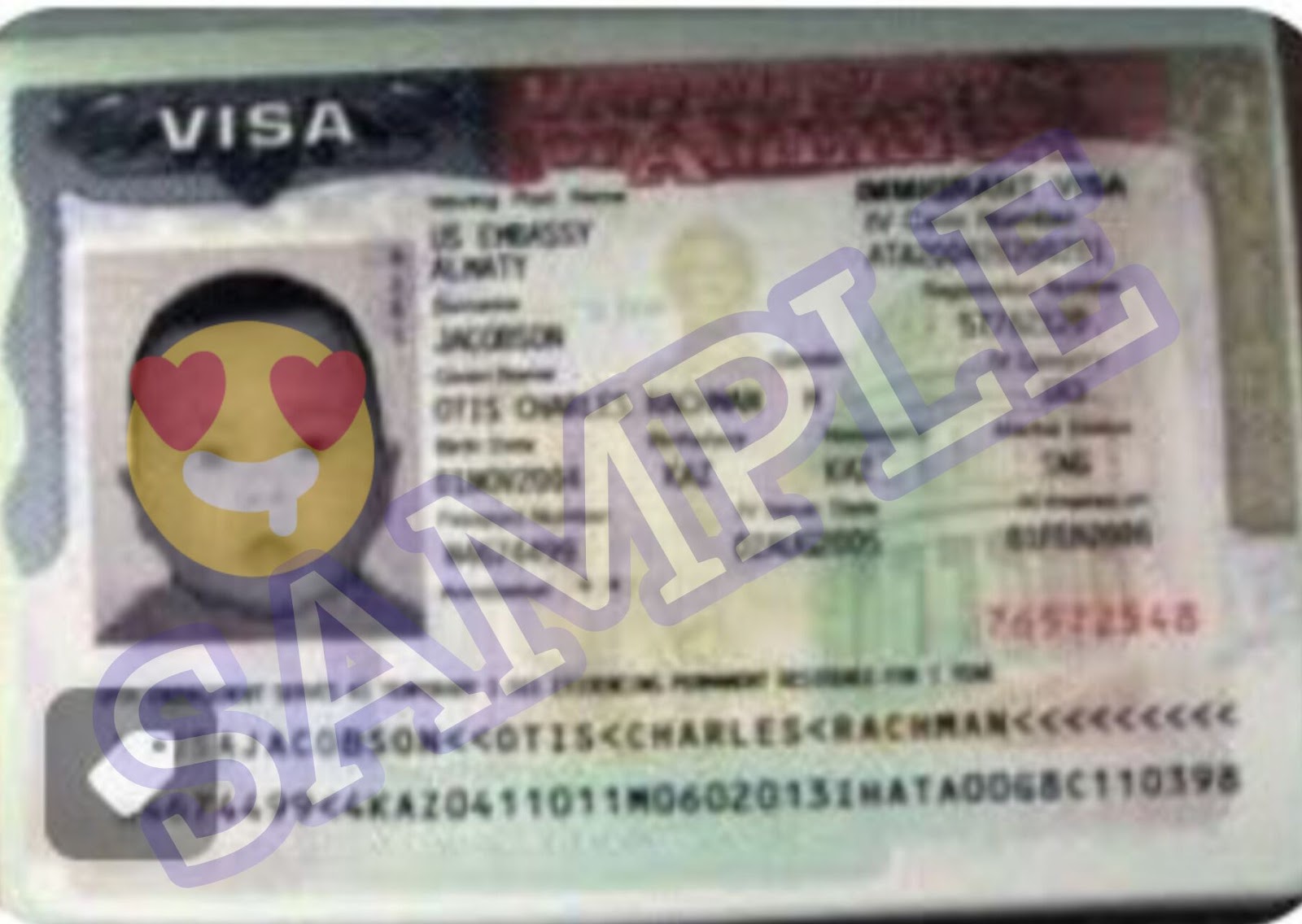12 Ways To Avoid Visa Scams, By Debbie Okuneye
Visa Scams are preventable events that exploit the ignorance and lack of relevant valuable information by prospective Visa applicants. The menace of Visa Scams and the financial implications are overwhelming on the victims and their dreams to travel overseas in search of education, greener pastures, business engagements or tourism.
This article provides valuable information on how to know and avoid Visa Scams, when confronted by such schemes.
Avoiding visa scams is essential to ensure safe and legitimate travel or immigration processes. Here are twelve ways to protect yourself from falling victim to these fraudulent schemes:
1. Use Official Websites:
Always apply for visas through official government websites or trusted visa services. Verify the website's authenticity by checking its URL and looking for security certificates.
2. Verify Agencies:
If using a visa agency, research its background. Look for reviews, check their accreditation, and confirm their legitimacy through official government or travel websites.
Be cautious of unsolicited offers for visa assistance, especially through emails, phone calls or posts on social media platforms. Legitimate agencies or government bodies do not usually initiate contact in this manner.
4. Check Email Addresses:
Official correspondence will come from government domains. Be skeptical of emails from free or unofficial domains (such as Gmail, Yahoo).
5. Avoid Payments Upfront For Services:
Be wary of agencies or individuals demanding large upfront payments. Legitimate processes usually involve a clear fee structure and phased payments.
6. Secure Your Documents:
Never hand over your original documents unless you are at an official consulate or verified visa center. Scammers may use these documents for identity theft.
When in doubt, contact the embassy or consulate directly. They can confirm whether a visa process or agency is legitimate and provide guidance on the correct procedures.
8. Understand Visa Requirements: Educate yourself about the visa requirements for your destination. Scammers often exploit those who are uninformed or confused about the process.
9. Use Secure Payment Methods:
If a payment is necessary, use secure and traceable methods like credit cards. Avoid cash transactions or wire transfers, which are difficult to trace and recover.
Be cautious of offers that seem too good to be true, such as guaranteed visas, expedited services for extra fees, or fake job offers that require a visa application.
11. Check For Authenticity:
Verify all documents provided by an agency. Look for watermarks, official seals, and other security features that indicate authenticity.
12. Report Suspicious Activity:
If you suspect a scam, report it to the appropriate authorities, such as consumer protection agencies, the embassy, or local law enforcement agencies. This can help protect others from falling victim.
By following these guidelines, you can navigate the visa application process more safely and reduce the risk of being scammed. Always stay informed, cautious, and vigilant to ensure your travel or immigration experience is safe, secure and legitimate.
Kindly follow the blog, like and share with friends.
Cheers 😀








Comments
Post a Comment